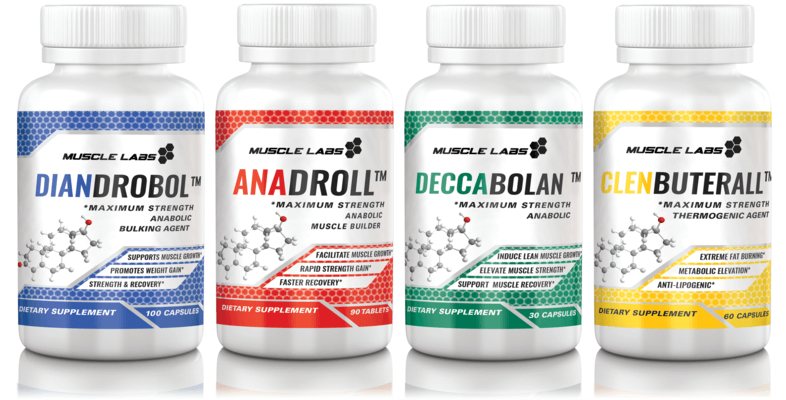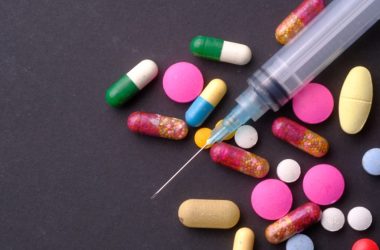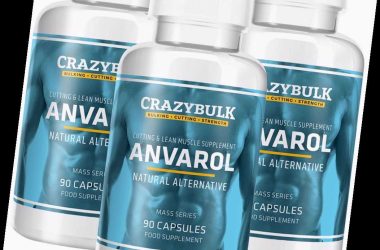Steroids are synthetic substances similar to the male sex hormone testosterone. They can be legally prescribed to treat certain medical conditions, but they are also widely abused for their muscle-building effects. Steroids are used by bodybuilders and athletes to enhance performance and gain an edge in competitive sports.
When used inappropriately, steroids can lead to serious health risks like heart disease, infertility, and high blood pressure. Taking steroids without proper nutrition increases these risks significantly. The right diet is essential for anyone taking steroids so that the body has enough fuel to function properly while building the desired muscle mass. It’s important to understand how much food is needed and what types of food should be eaten in order to maximize safety and effectiveness when using steroids for muscle growth.
Benefits of Steroids
The use of steroids has been a common practice among athletes and bodybuilders. While they can be extremely beneficial in helping build muscle mass, it is important to understand the potential risks involved with taking them. The most important factor in achieving desired results from steroid use is nutrition. Proper nutrition plays an essential role in the success or failure of any steroid regimen, as well as in overall health and wellbeing.

When taken responsibly, steroids help increase endurance for extensive training sessions and speed up recovery time between workouts. As with any supplement, proper nutrition should accompany their usage to maximize their effectiveness while also reducing side-effects related to improper usage. Eating healthy meals that contain all the necessary nutrients helps ensure optimal performance during workouts and increased stamina when using steroids. Additionally, eating healthy helps reduce the risk of developing serious health conditions associated with long-term usage such as liver damage or heart issues.
Why Nutrition is Important
Good nutrition is essential for everyone, but it’s especially important when taking steroids. Steroids are powerful drugs that can cause a variety of side effects, some of which can be managed through proper nutrition. Eating the right foods and avoiding certain unhealthy items can help reduce these risks associated with steroid use.
A balanced diet is key to helping your body maintain overall health while on steroids. Eating healthy food sources such as vegetables, fruits and lean proteins helps ensure that your body has the nutrients it needs to function properly during and after steroid use. Additionally, drinking plenty of water helps keep your body hydrated and gives you energy for everyday activities.
It’s also beneficial to avoid unhealthy processed or packaged foods during this time because they may contain artificial additives or preservatives which could interfere with how the steroids work in your body.
Nutrients Needed When Using Steroids
Nutrients are essential for maintaining a healthy body, and this is especially true when taking steroids. Steroids are powerful hormones that can cause many physical changes, so it’s important to make sure you’re getting all the nutrients your body needs while using them. Without proper nutrition, users may experience undesirable side effects as well as long-term health risks associated with taking steroids.
Some of the most important nutrients needed when using steroids include proteins, carbohydrates, fats, vitamins and minerals. These provide energy for exercise and help regulate hormones in the body which can be upset by steroid use. Additionally, some of the specific vitamins and minerals necessary for steroid use include vitamin D for improved bone strength, zinc for boosting immunity and magnesium to reduce muscle cramps caused by intense training.
Potential Side Effects of Steroid Use
Steroid use has become increasingly common in recent years, with a variety of benefits being touted by users. However, there are also potential side effects associated with steroid use that should not be overlooked. It is important to understand these risks before using steroids and to take preventive measures to protect your health.
The primary potential side effect of steroid use is damage to the liver and other organs due to the influence of hormones on their function and metabolism. Additionally, prolonged steroid use can cause changes in mood and behavior as well as increased blood pressure and cholesterol levels, which can lead to serious long-term health problems like heart disease or stroke. Finally, male users may experience testicular atrophy or infertility while female users could suffer from irregular menstrual cycles or other reproductive issues.

Eating Habits and Meal Plans When Using Steroids
Eating habits and meal plans are important considerations when taking steroids. Steroids can cause an increase in appetite, making it difficult to stick to a healthy diet and maintain proper nutrition. It’s essential for those using steroids to plan nutritious meals as part of their eating habits in order to get the maximum benefit from the drugs while minimizing potential side effects.
Meal plans should focus on foods that provide adequate amounts of proteins, carbohydrates, fats, vitamins and minerals. Eating foods that are low in saturated fat is also recommended because high levels can contribute to health problems such as heart disease or type 2 diabetes. In addition, individuals should drink plenty of water throughout the day and limit sugary beverages like sodas or energy drinks; these can contribute to weight gain and other problems related to steroid use. Lastly, athletes should try not to skip meals since this will affect performance during workouts or competitions.




